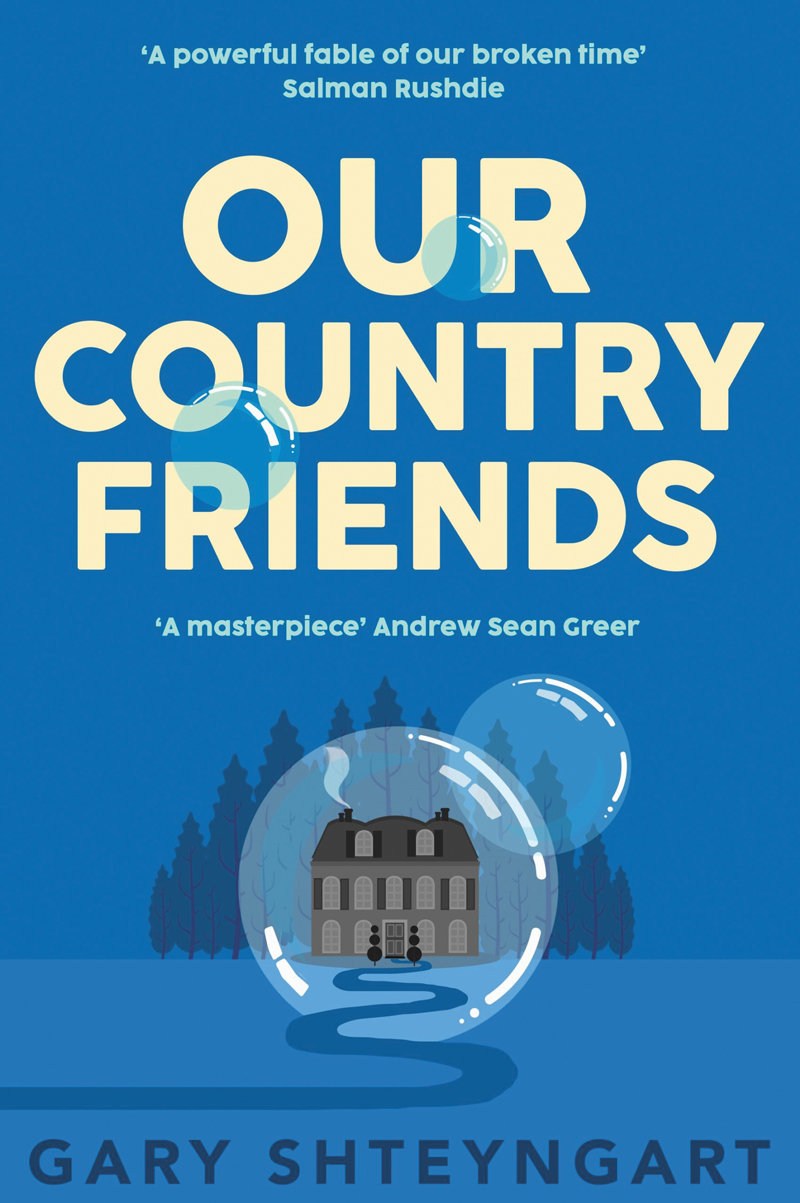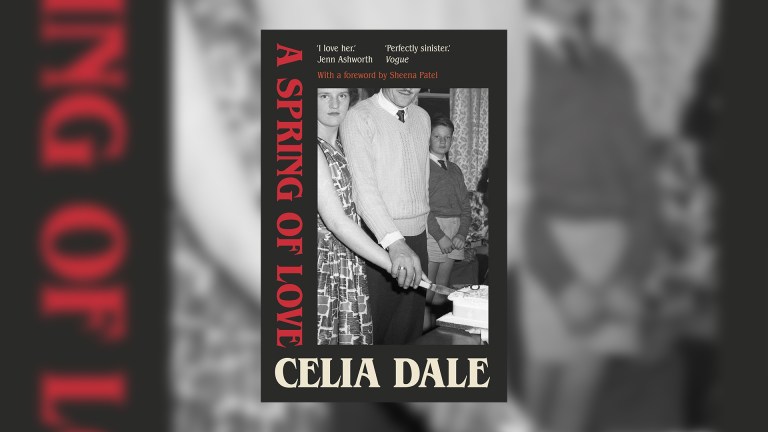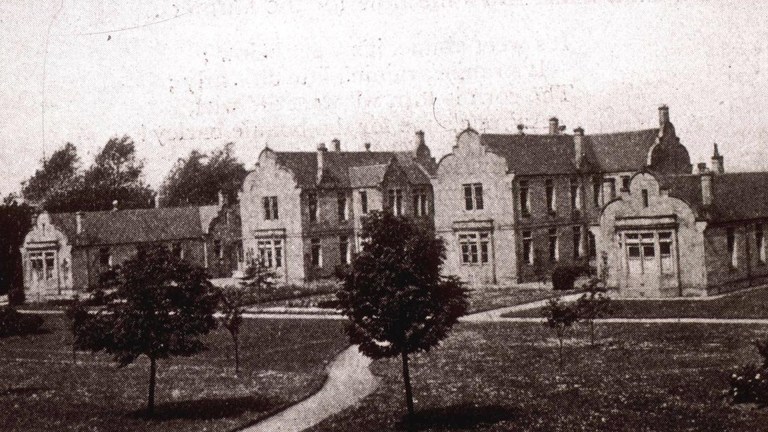How soon is too soon? How long must the gestation period be before fiction can wrap its mitts around big global events in a way that produces good art and satisfies the reader?
When it comes to the Covid pandemic, one might think: a bit longer than this. Even now, two decades on, there arguably have been few novels set around 9/11 that match up to the world-changing impact of the event. And books in real time risk bouncing off the inarguable, flat facts of everyday reality. Convincing perspective in fiction usually requires a degree of temporal distance.

The American-Russian humourist Gary Shteyngart has broken all the rules. Not only has he released a book set amid a pandemic that still dictates much of our existence, he’s also smashed it.
The debates of our times are entertainingly parodied.
Our Country Friends is many things on many levels. It’s a hoot, as anyone who has enjoyed Shteyngart’s previous works will expect – the humour shuttles expertly between the naif slapstick of Wodehouse or Nabokov’s Pnin to a gentler but no less beguiling sitcom vibe. It also intelligently explores the human experiences and consequences of lockdown, and has its empathetic heart in the right place. At a literary level, it nods – explicitly at times – to Chekhov and Shakespeare.
There is simply so much to enjoy. A group of privileged friends choose to cocoon themselves at the upstate New York country pile of Sasha Senderovsky, a Russian-born novelist, and his psychiatrist wife Masha, who, attempting to enforce social distancing rules among her guests, sees herself as something between “a Heathrow immigration officer” and “Stalin in an apron”. The gang, often drunk or high, includes a driven tech mogul, a rich drifter, a ghastly Hollywood A-lister, two very different writers – one sickly and defeatist, one young and combative – and Sasha and Masha’s adopted daughter, the Korean boyband-obsessed Nat. The relationships – loving, tangled, fraught, sexual, rivalrous, secretive – and their working out provide the book’s rich core.
The debates of our times are entertainingly parodied. Dee, the young writer, finds herself at the centre of an online firestorm over her perceived racism. Sasha, who hasn’t written anything worthwhile for years, decides pompously that “he would renounce all his privileges. He would not write another novel so that others could be heard.” This is hipsterville – Sasha purchases his meat from the local butchers, “two former catalogue models from the city”.









